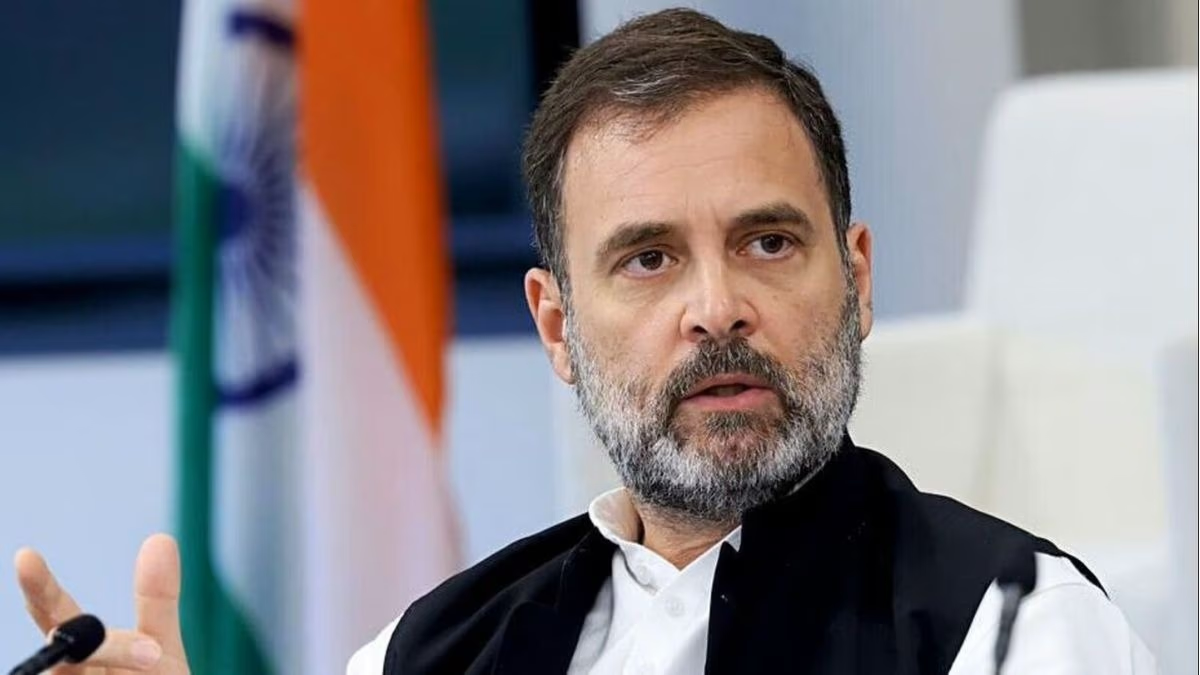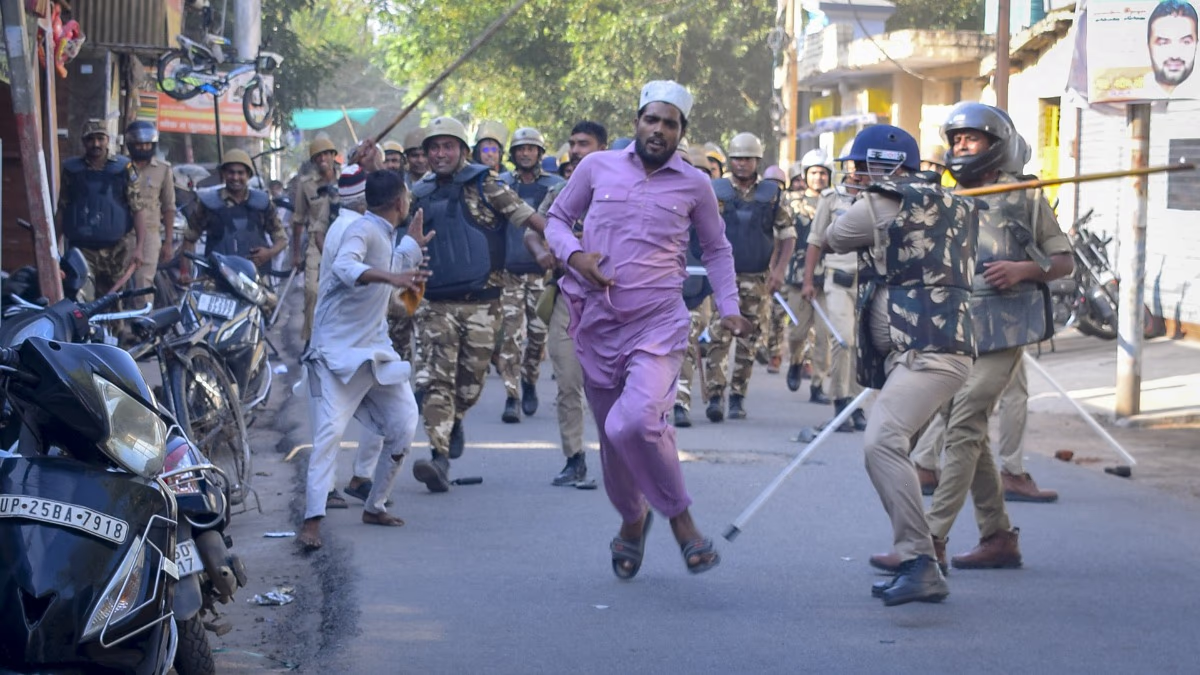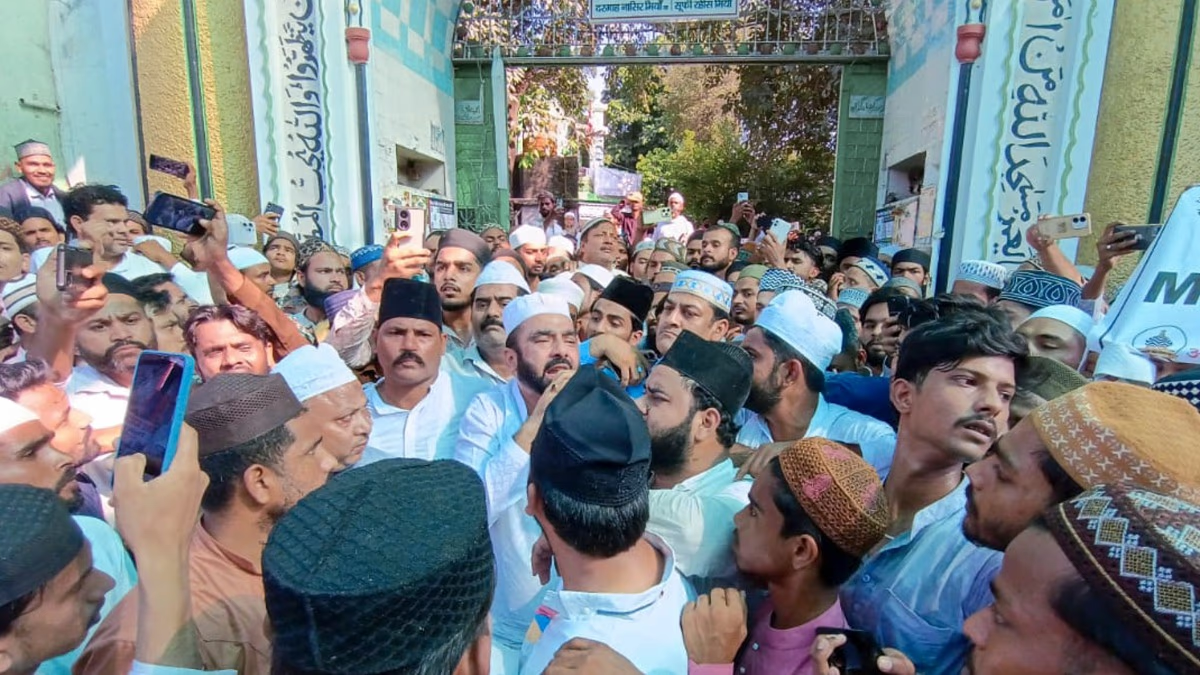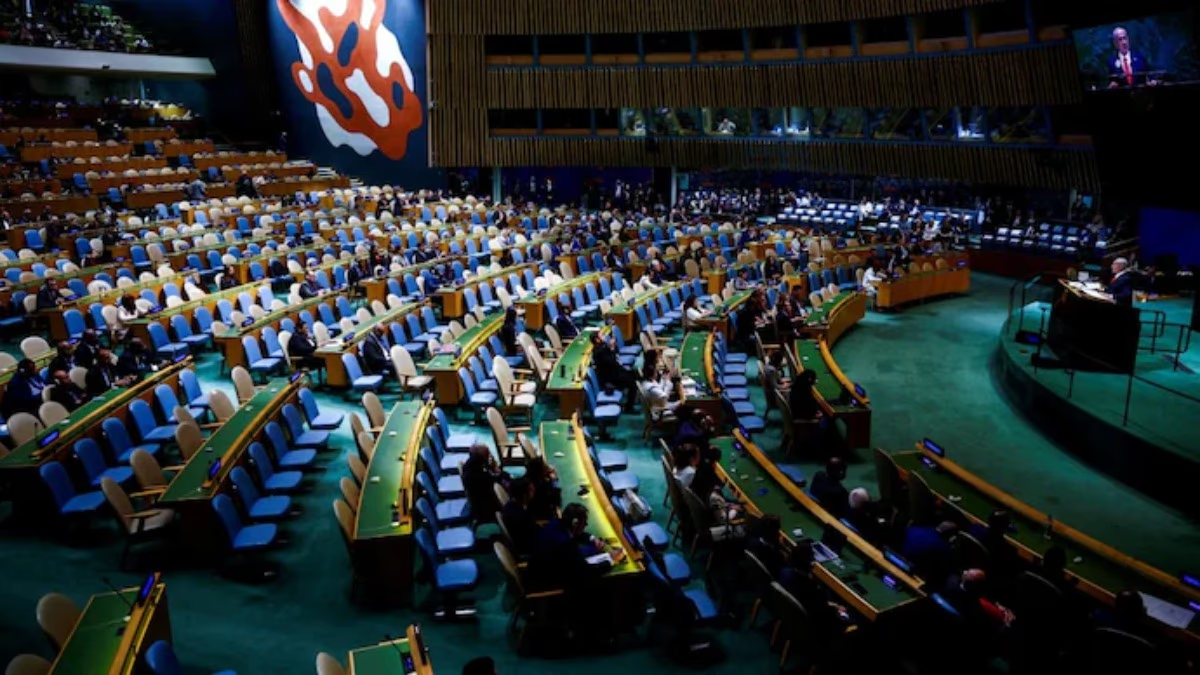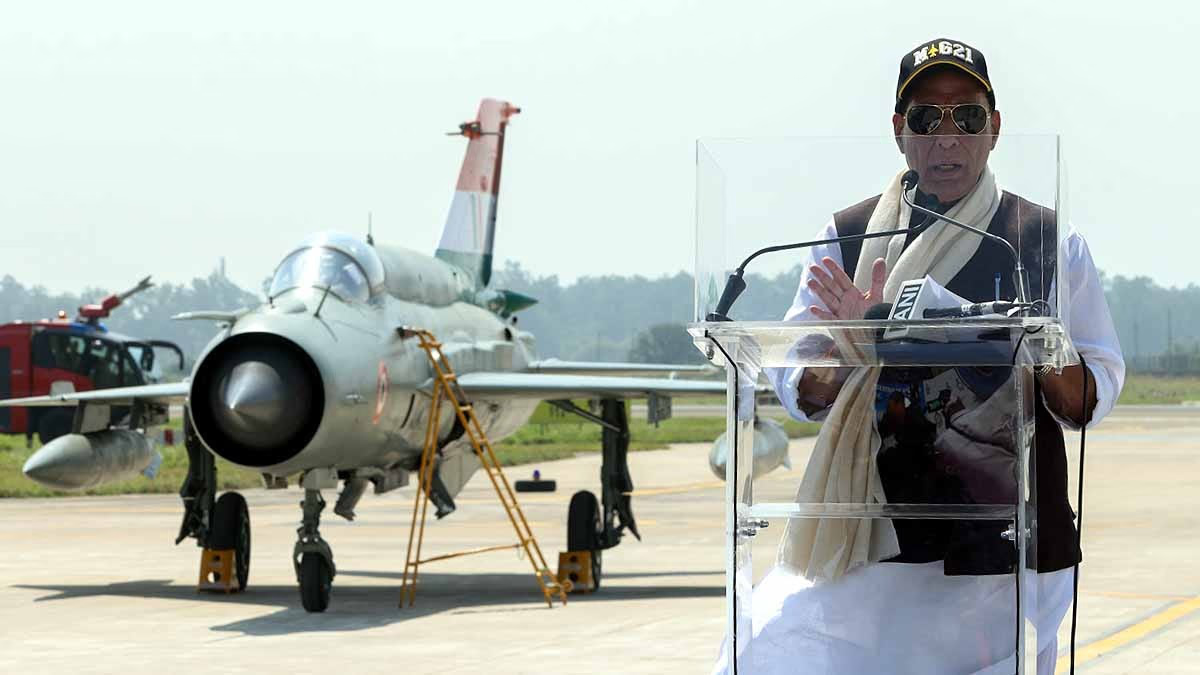Rahul Gandhi, the former President of Congress and the Leader of Opposition in the Lok Sabha, wants an alliance with the Aam Aadmi Party in the Haryana assembly elections similar to the general elections. During the Central Election Committee meeting held to decide on the candidates for the Haryana elections, Rahul sought feedback from the state leaders on the alliance. He assigned a senior leader the task of exploring the possibilities of such an alliance. The Aam Aadmi Party has already announced that it will contest all 90 seats in the state independently. Bhupinder Singh Hooda has also been stating that they will contest and win alone. Despite their confidence, why does Rahul Gandhi want an alliance with AAP?
1-
The National Politics Calculation
Rahul Gandhi's focus is more on national politics than the state. Even though he is confident about winning Haryana, he seeks an alliance with the Aam Aadmi Party to maintain the unity of the INDIA bloc formed amid various contradictions and uncertainties during the Lok Sabha elections. In the Madhya Pradesh elections, the Congress did not form an alliance with the Samajwadi Party despite last-minute talks, leading to accusations that the party sidelines smaller parties in states where it is the main player. Rahul Gandhi aims to shed this tag and intends to send a message to ally parties across the country through Haryana about the Congress's inclusivity.
2-
Delhi-Gujarat Strategy
Through Haryana, Rahul Gandhi aims to set the stage for national capital Delhi and Gujarat. In Delhi, the Congress has not been able to open its account in the last two assembly elections, and their performance was poor in the last Gujarat elections. In the 2017 elections, the Congress won 77 seats with a 42.2% vote share, but in 2022, it managed only 17 seats with a 27.28% vote share, which is the party’s worst performance in the state. In the same elections, the Aam Aadmi Party secured around 13% vote share and was the runner-up in 35 seats. Rahul Gandhi claims in the Parliament that Congress will defeat BJP in Gujarat this time. The intention for an alliance in Haryana can also be linked to this Delhi-Gujarat strategy.
3-
Unified Anti-Incumbency Votes
Since 2014, the BJP has been in power in Haryana, facing a ten-year anti-incumbency and dissatisfaction among Jat farmers. Congress leaders believe the scenario is favorable for them, but the challenge is to prevent the fragmentation of anti-incumbent votes. Parties like the Indian National Lok Dal (INLD) and Jannayak Janata Party (JJP) are in the fray, with JJP recently breaking its alliance with BJP. INLD is looking to regain lost ground, but if the Aam Aadmi Party contests alone, it could harm Congress’s prospects.
4-
Grassroots BJP Strategy
Rahul Gandhi’s desire for a coalition with AAP may also stem from cautious over-confidence post the Chhattisgarh election results. The BJP is very active on the ground. The ruling party has now ended its alliance with Dushyant Chautala's JJP, making Congress, INLD, and JJP competitors on the Jat politics pitch—while BJP is consolidating non-Jat communities with Chief Minister Manohar Lal Khattar (an OBC) and state party president being a Brahmin.
Read More: Rahul Gandhi Seeking Alliance with AAP in Haryana, CEC Meeting Feedback
The BJP has ramped up efforts to attract influential leaders from other parties who are effective in certain belts. Their strategy to win one seat at a time includes bringing in leaders like Ambala Mayor Shakti Rani Sharma and JJP MLA Jogiram Sihag among others into their fold. The Dera factor cannot be ignored either, prompting Congress to leave no stone unturned on the ground.
5-
Above Hooda, the High Command
It's perceived that only those things happen in Haryana Congress which satisfies Hooda. The internal opposition led by Kumari Selja, a prominent Dalit figure and MP from Sirsa, is notable. While Deepender Hooda is conducting his 'Haryana Maange Hisaab' Yatra, Kumari Selja has led a separate rally from Ambala. Party factions have been a significant issue for Congress trying to regain power by leveraging the Jat-Dalit-Muslim equation. The BJP, teasing with announcing Kumari Selja as the CM face aimed to stoke factionalism.
Read More: No Selja, No Surjewala—paving way for Hooda by not giving tickets to MPs?
Congress plans to contest without declaring a CM face this time; however, last time Hooda self-proclaimed himself as the CM candidate. Now, the high command faces the challenge of asserting its superiority. Hooda has been vocal that Congress will contest and win alone in the assembly elections, opposing any coalition. Rahul's stance might also be aimed at countering the narrative that ‘Hooda is Congress in Haryana’.
